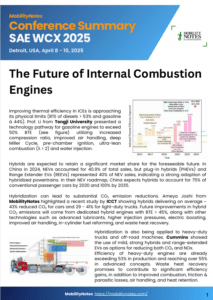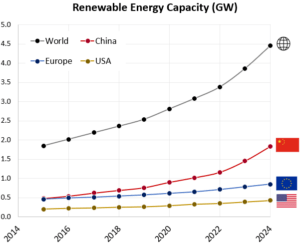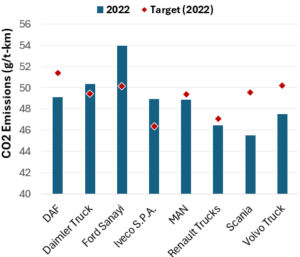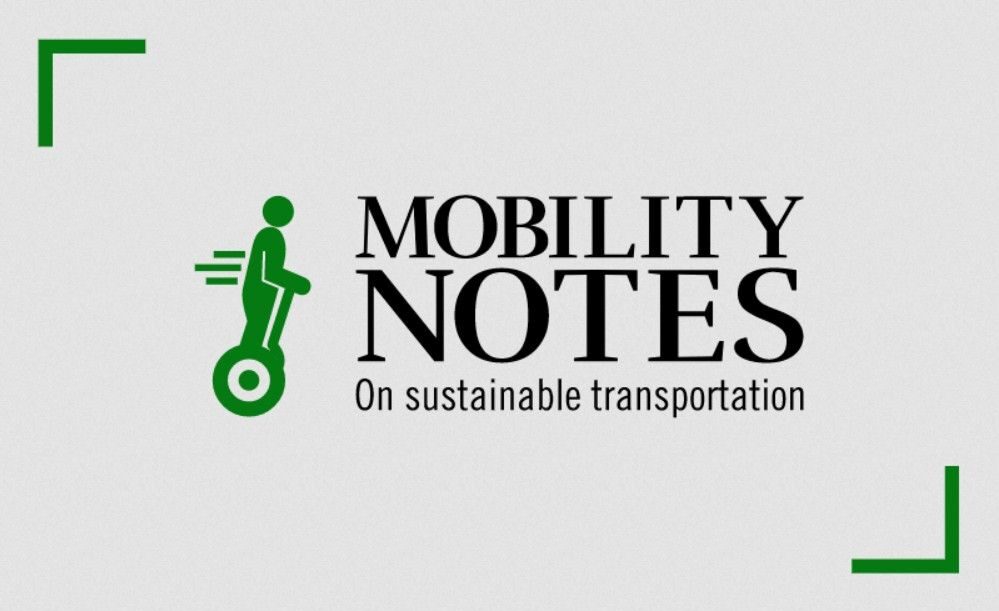Regulations
CARB Proposed Modifications to the Low Carbon Fuel Standard
Background
On August 12th, 2024, the California Air Resources Board (CARB) posted the latest proposed amendments to the Low Carbon Fuel Standard (LCFS). These confirm some of the previous amendments proposed earlier this year, while introducing new ones. Here is a recap of some of the important proposed changes.

Conference Summary – SAE WCX 2025
May 19, 2025
No Comments
![]()
A summary of the “SAE WCX 2025” conference held in Detroit.

IRENA Renewable Energy Capacity Statistics 2025
May 2, 2025
No Comments
![]()
According to the latest report from IRENA, 2024 saw the largest increase in renewable capacity, accounting for 92.5% of overall power additions.

CO2 Emissions Performance of Heavy-Duty Vehicles in Europe – 2022 Results
May 1, 2025
No Comments
![]()
The European Commission has published the official 2022 CO2 emission results for heavy-duty vehicles. Many OEMs are ahead of the targets and have gained credits, while others have their work cut out as we approach the 2025 target.

